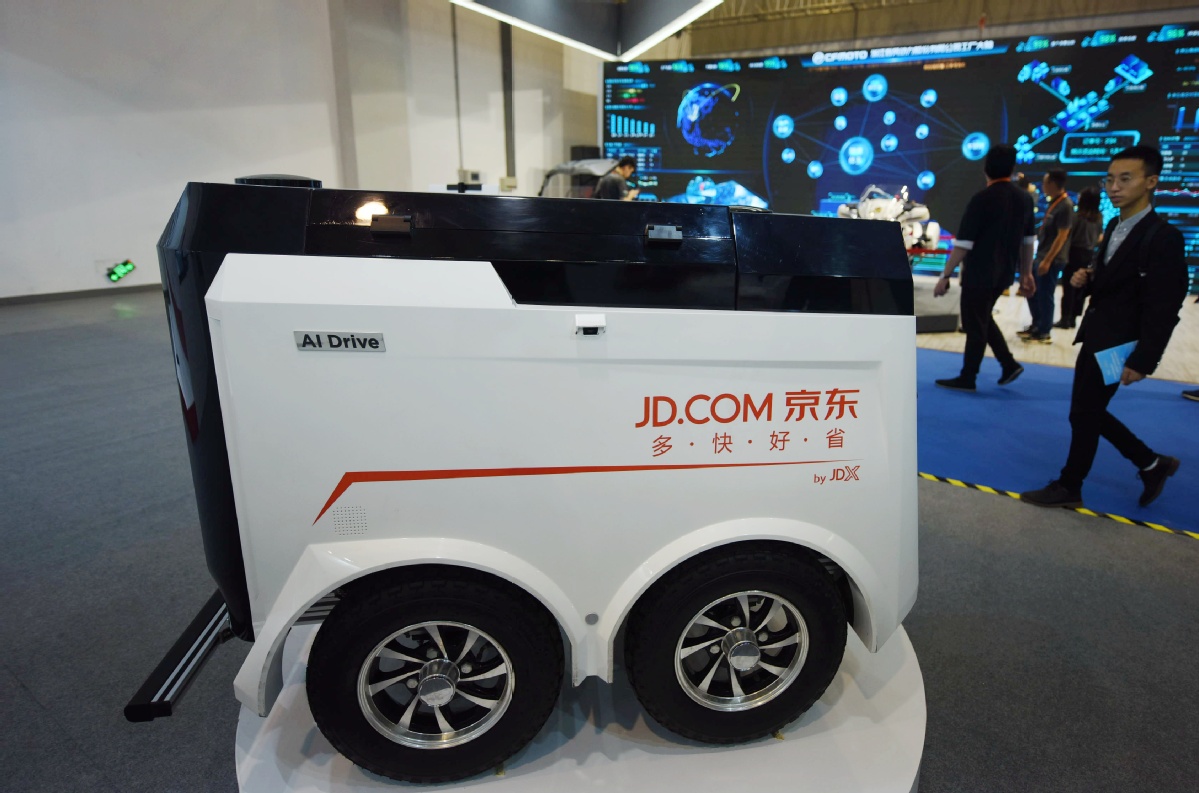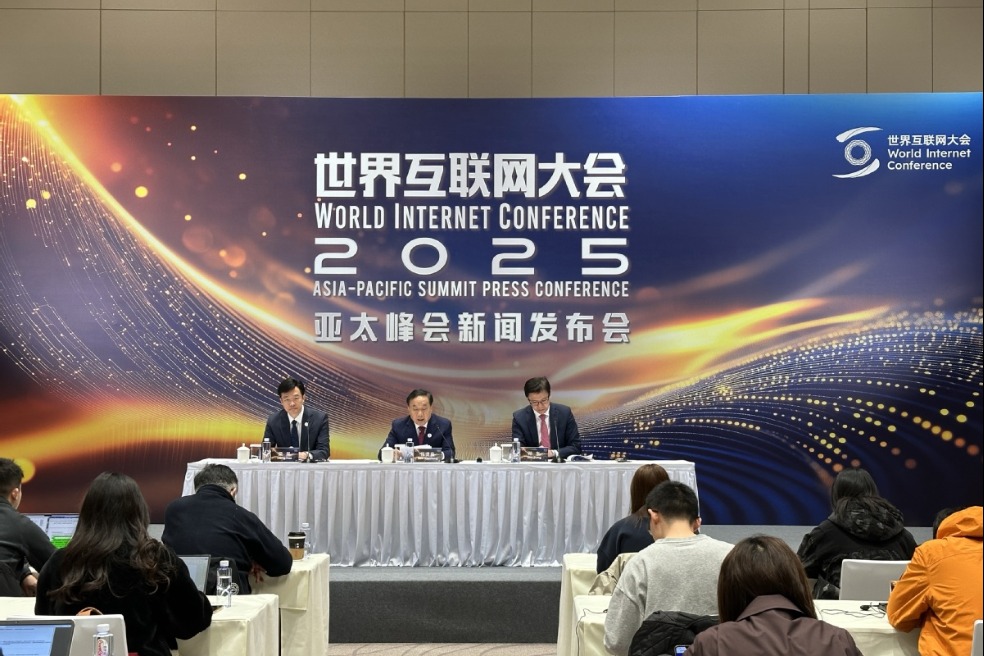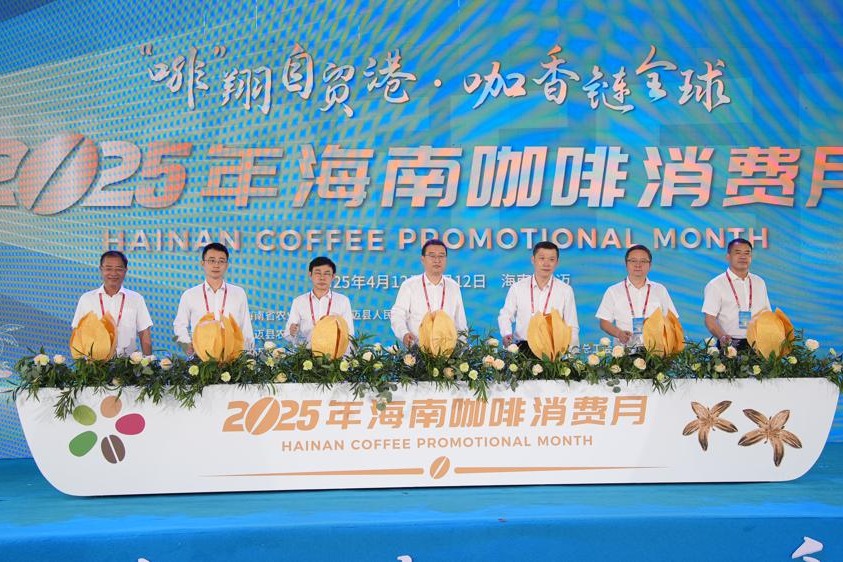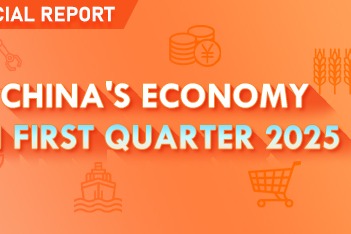Cometh the crisis, cometh the reform


China launched the ChiNext board in Shenzhen in 2009. The board is now home to 817 companies with total market capitalization of about 7.7 trillion yuan ($1.1 trillion) as of Friday.
To complement the IPO reform, the Chinese securities regulator and the Shenzhen Stock Exchange also announced a series of arrangements to further improve the delisting process and trading rules.
For example, the reform has enriched the criteria for companies to be delisted from the board and further simplified the process, which will help improve the market efficiency by eliminating persistently loss-making zombie companies and shell companies. The reform also involves changes to the trading rules, including expanding the daily trading limit from 10 percent to 20 percent.
Experts have been calling for stronger regulations to govern corporate information disclosures as they are at the core of the successful practice of IPO reform.
"One of the most important tasks for the regulator is to step up regulation of the information disclosure of listed companies. We need to increase not only the accountability of the listed companies but also the responsibility of intermediary agencies to ensure they carry out proper due diligence," said Yang Chengzhang, a national political adviser and chief economist with Shenwan Hongyuan Securities.
"ChiNext will need to continue to explore ways to improve its IPO system based on the experience of the STAR Market in Shanghai. It requires further improvement in the areas of listing process, trading rules and delisting process to make the system more market-driven with the rule of law and more in line with international practice," Yang said.
Analysts believe the IPO reform would mean that companies will have easier access to capital in the equities markets. It will also mean a fresh wave of investment opportunities for investors.
The recent accounting scandal and financial fraud of US-listed Chinese coffee maker Luckin Coffee Inc has triggered stricter US regulatory scrutiny of Chinese companies and thus has prompted more technology firms to seek listings or re-listings on the mainland and/or in Hong Kong.
For instance, US-listed Chinese firms such as e-commerce company JD and technology company Net-Ease have both filed for a secondary listing in Hong Kong.
Experts said the ChiNext reform will likely attract more Chinese technology firms to return to the A-share market.
Wendy Liu, head of China strategy at Swiss bank UBS, agreed the ChiNext IPO reform may allow more companies to return to the A-share market although it remains to be seen if the expectation would come to pass.
Liu said the A-share market has relatively ample liquidity but lacks good quality investment targets. A more efficient and convenient IPO system will help increase the number of investment targets. And a streamlined delisting process will also help lift the overall quality of the listed companies, she said.




































